I am asking if anyone knows if it is possible to to pass into a Web Api a concrete class that inherits from a abstract class.
For example:
public abstract class A
{
A();
}
public class B : A
{
}
[POST("api/Request/{a}")]
public class Request(A a)
{
}
At present I have looked around and most solutions seem to say that using TypeNameHandling will work.
JsonMediaTypeFormatter jsonFormatter = new JsonMediaTypeFormatter();
jsonFormatter.SerializerSettings.TypeNameHandling = TypeNameHandling.Auto;
However this is not that case. Also my model is being passed from a console app to the webapi. I have read that I may be able to deserialize the json object and after attempting this a few times I decide this was not going to work.
I have looked into creating a customer model binder however, I do not want to make my application more complex that it has to be. At present I inherit from the abstract class with 3 models but may in the future extend this. As you may note adding custom model binders may require multiple binders unless there is a way of making one binder generic for all types of the abstract class.
To expand on this in my console app I have instantiated class b as such and then passed it to the ObjectContent before posting to my webapi
item = B();
//serialize and post to web api
MediaTypeFormatter formatter;
JsonMediaTypeFormatter jsonFormatter = new JsonMediaTypeFormatter();
jsonFormatter.SerializerSettings.TypeNameHandling = TypeNameHandling.Auto;
formatter = jsonFormatter;
_content = new ObjectContent<A>(item, formatter);
var response = _client.PostAsync("api/Request", _content).Result;
when the webapi action is called the object is null
